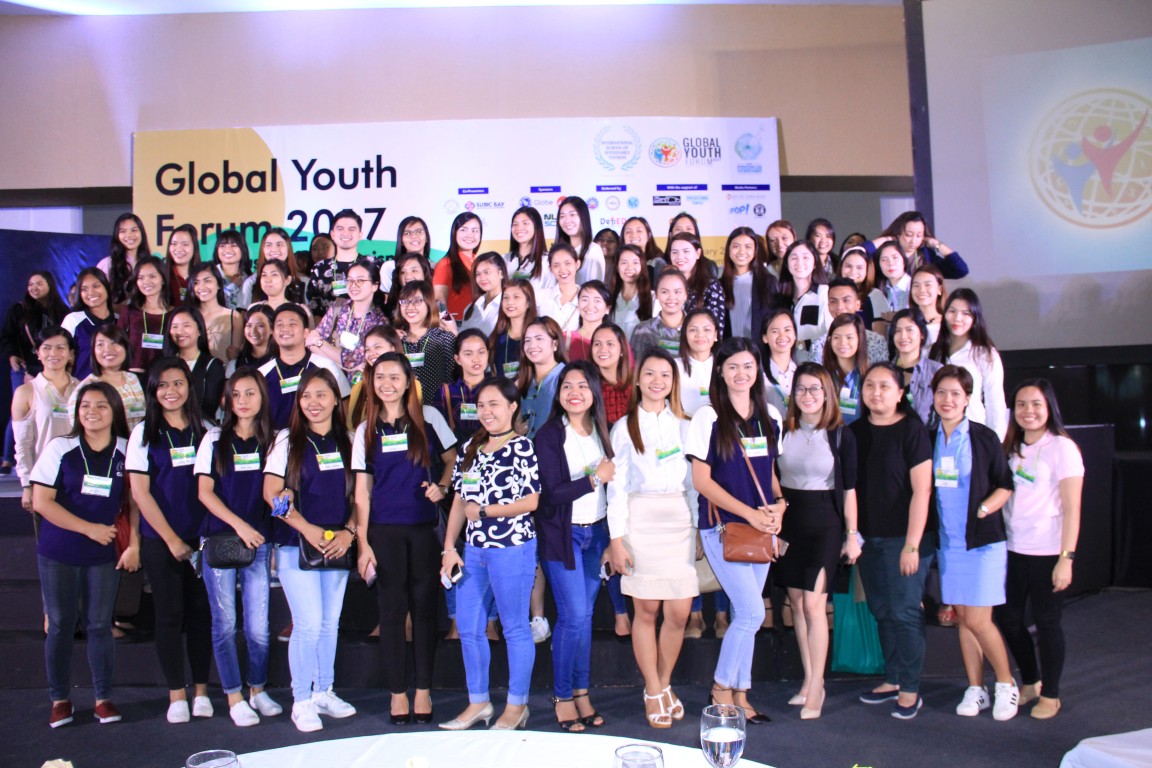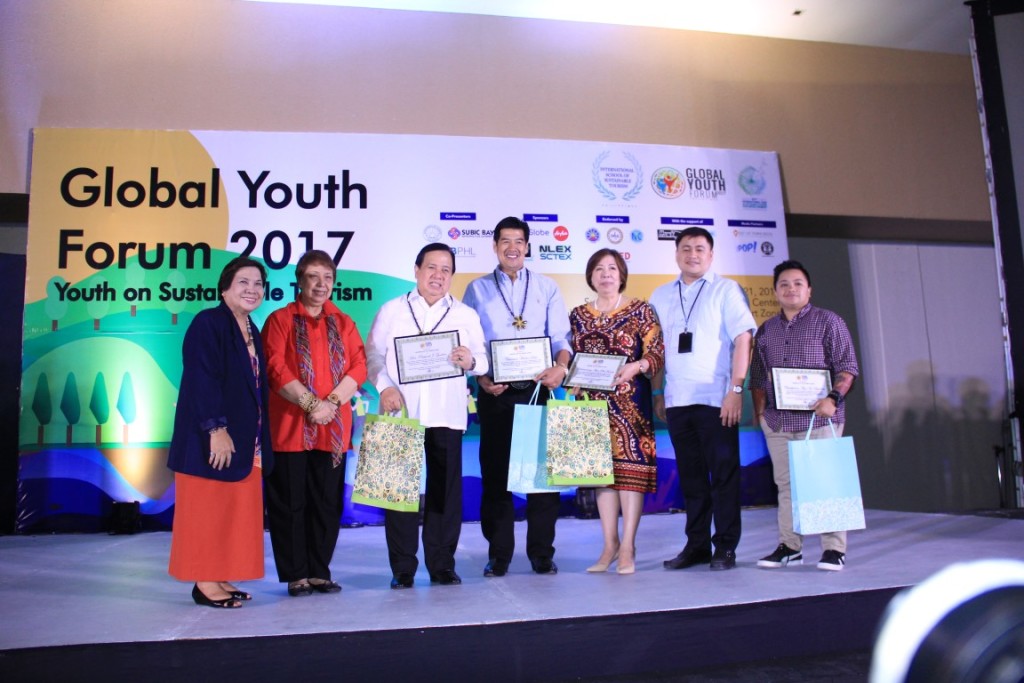
The millennials are carving their own traveling niche. They are eager to travel and engage in environment-friendly practices. It is undeniable that the youth has an active role to play in advancing sustainable tourism.
The United Nations World Tourism Organization (UNTWO) defined sustainable tourism as the “development that meets the needs of present tourists and host regions while protecting and enhancing the opportunity for the future.”
Sustainable tourism strikes a balance between enjoying the present while doing more for the future. Thus, it is important that the young generation, as the drivers of the green economy, has a clear understanding of how their travel practices impact this particular sector.
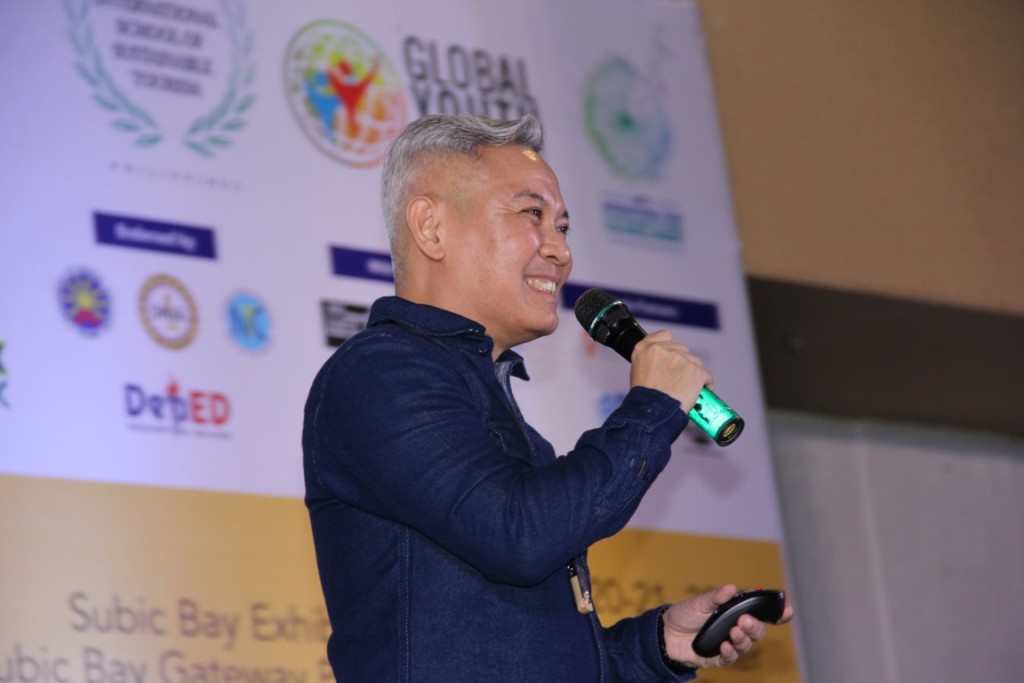
There are shifts in tourism and there is a need to educate the youth about their role. A platform that discussed millennials’ contributions in sustainable tourism was the Global Youth Forum (GYF) 2017 held at the Subic Bay Exhibition and Convention Center (SBECC) from February 20 to 21, 2017.
Present were green entrepreneurs and policy makers from the academe, government, and private sectors. They shared their knowledge on heritage tourism, ecotourism, voluntourism or volunteering while traveling, community development, and promoting sustainability in their tourism careers, to name a few.
Sponsors
GYF 2017 was co-presented by the International School of Sustainable Tourism; Department of Tourism; Subic Bay Metropolitan Authority; Tourism Infrastructure and Enterprise Zone Authority (TIEZA); and Tourism Promotions Board.
It was endorsed by the Department of Interior and Local Government; Department of Education; Commission on Higher Education; and the National Youth Commission.
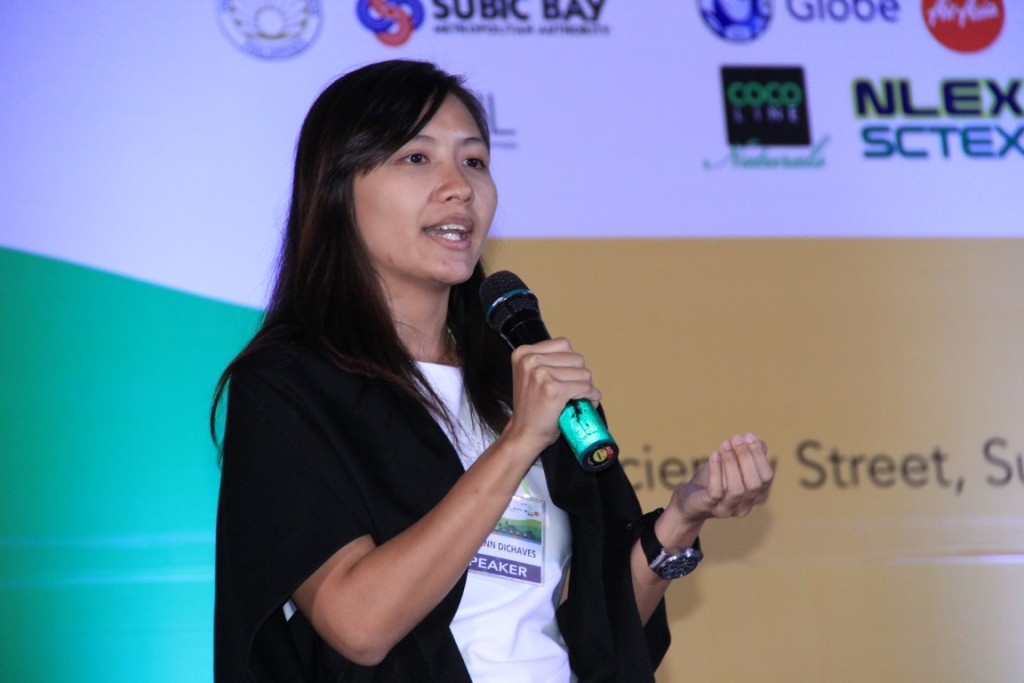
The event was sponsored by Globe Telecom; Philippines AirAsia; Manila North Tollways Corporation; Cocoline; McDonald’s; and Casa San Miguel. It was also supported by Hawk Bags; Virginia Hotdog; Tempra; and Bic Ballpens.
The GYF 2017 media partners included Out of Town Blog; When In Manila; Inquirer.net; and RubyComm-K.Austria Public Relations Consultants.
Opening ceremony
Guest of honor Senator Richard Gordon delivered a speech at the GYF 2017 opening ceremony where he encouraged the youth to rise up and make a move for the tourism industry.
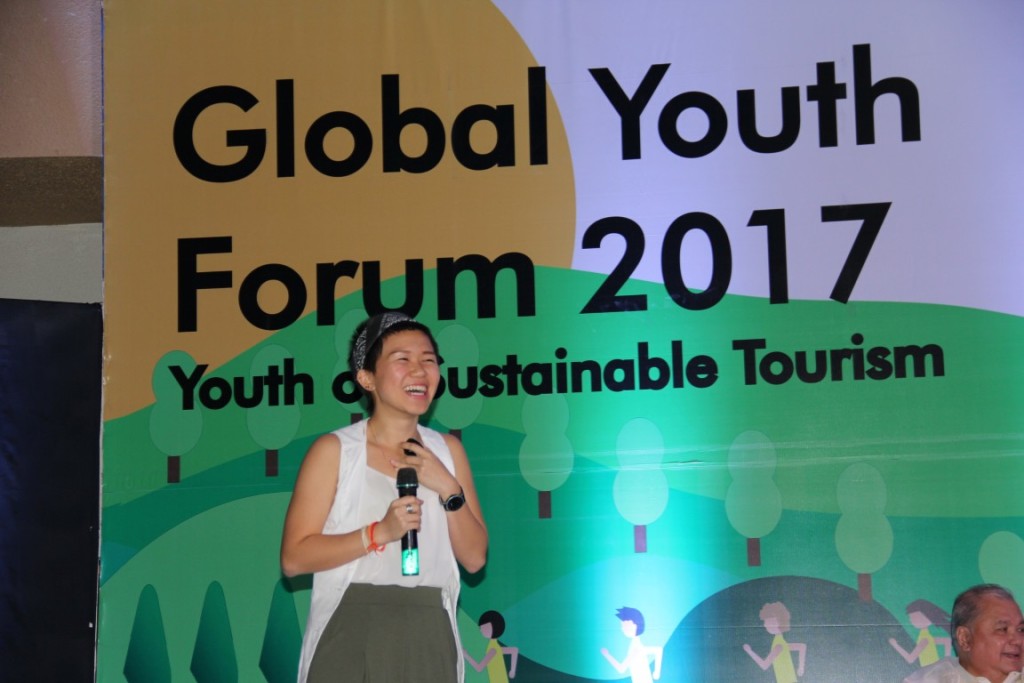
Also present to give opening messages were Alma Rita Jimenez, Department of Tourism Undersecretary for Tourism Regulation, Coordination, and Resource Generation; Aiza Seguerra, Chairperson and Chief Executive Officer of the National Youth Commission; Martin Diño, Chairman of Subic Bay Metropolitan Authority; and Dr. Mina T. Gabor, President of International School of Sustainable Tourism (ISST), which organized the event.
“We are very honored that today we have all of you. All of the participants are VIPs,” Gabor said in her welcome remarks.
Speakers
The GYF 2017 speakers offered a two-way learning experience. Delegates learned about the successful tourism initiatives while the government workers were exposed to the best practices that would guide the development of policies and programs for the youth sector.
The keynote speaker for “Heritage Tourism: Building a Strong Foundation Through Cultural Preservation” was Eric Zerrudo, Director of the University of Santo Tomas Graduate School, Conservation of Cultural Property and Environment in the Tropics.
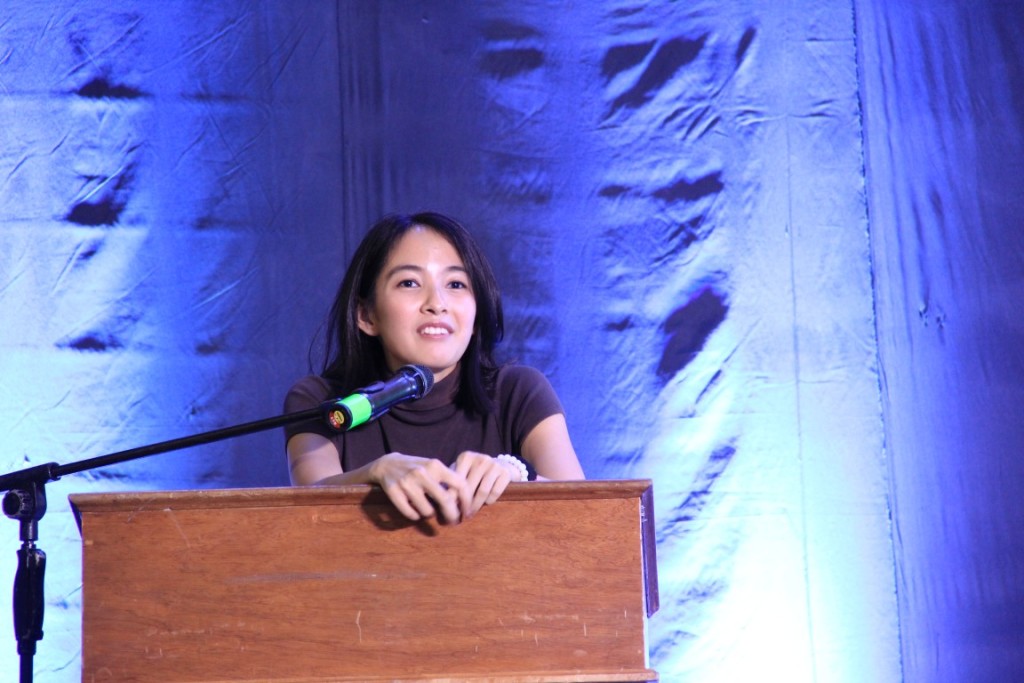
Zerrudo stressed that a sustainable tourism product should have “very strong grounding in regards to the community.”
He said that for tourism products to be sustainable, the community, the LGUs (local government units), the experts, and the academe should be “very involved in the production of the experience.”
In “Striking a Balance: Ecotourism for Environmental Conservation and Rural Development,” Jamie Anne Dichaves, Sustainability Officer and Pollution Control Officer of Lio Tourism Estate, noted that ecotourism is not just about marveling at nature’s bounty offerings but also making a positive difference in a community.
“Ecotourism must allow you to get to know the place. And it has to allow you to create a positive impact in the destination or in the community,” she explained.
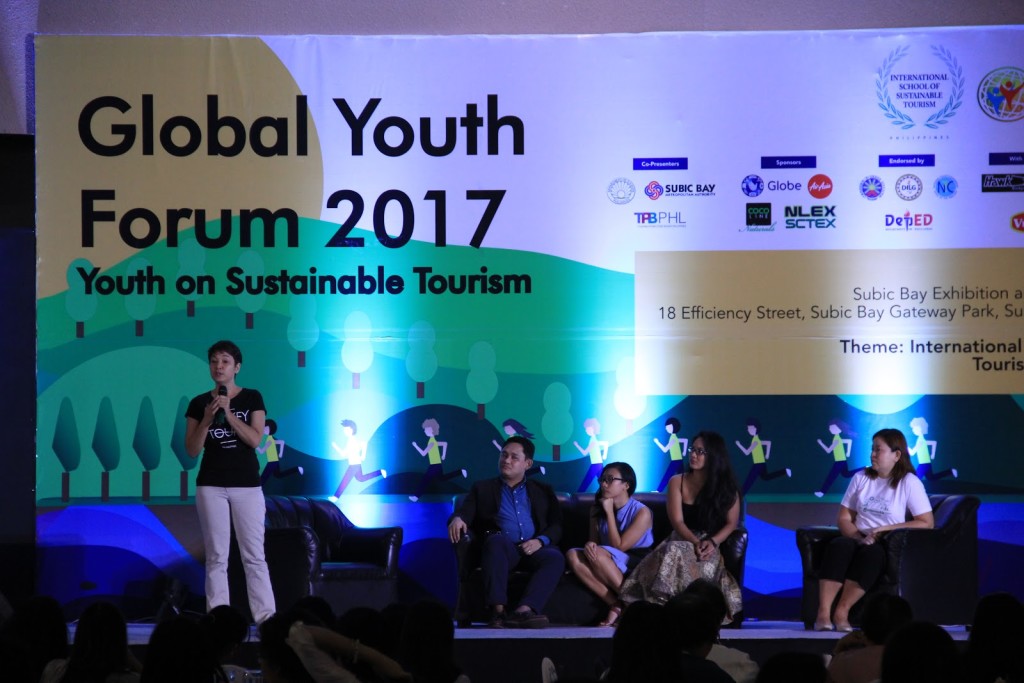
Juliette Kwee, Founder of World Experience Philippines, was the keynote speaker for “A Match Made in Heaven: Community Development and Tourism.” In her speech, Kwee encouraged the delegates to see beyond the profits and to use tourism as a tool to help others.
“To practice sustainable tourism, you have to look deeply into your heart. Because I think in order to be sustainable, you do it the way which is best for all. It’s actually quite simple, I think. You don’t think of yourself or the benefits,” Kwee said.
In “Doing Our Part: Responsible Travelling for the Millennial Traveller,” Sarah Aquino, Director of External Affairs of Juan Portrait, talked about how the young generation should harness the power of traveling to create awareness.
“We have been given this big responsibility. We have tourism and travel that we can mobilize to spread out the word,” she said.
Jie Cheng Wong, the Youth Tourism Ambassador of Pacific Asia Travel Association, gave her insights about “A Green Future: Career Opportunities in Sustainable Tourism.”
Emphasizing that sustainability is a “mindset, a lifestyle,” Wong challenged the delegates to take part in the green advocacy to “change how we live tomorrow.”
Twin celebration
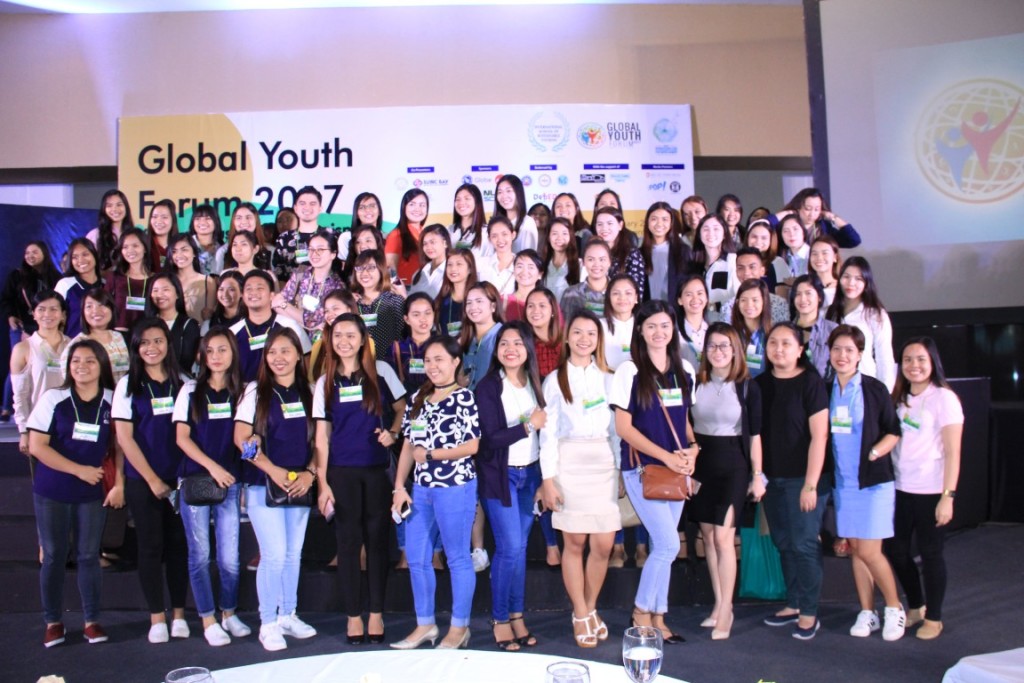
The Global Youth Forum is an annual event of ISST. For its 2017 edition, GYF carried the theme “Youth on Sustainable Tourism” in celebration of the UNWTO announcement that 2017 is the “International Year of Sustainable Tourism for Development” and the chairmanship of the Republic of the Philippines of the upcoming “ASEAN 2017: 50th Anniversary.”

